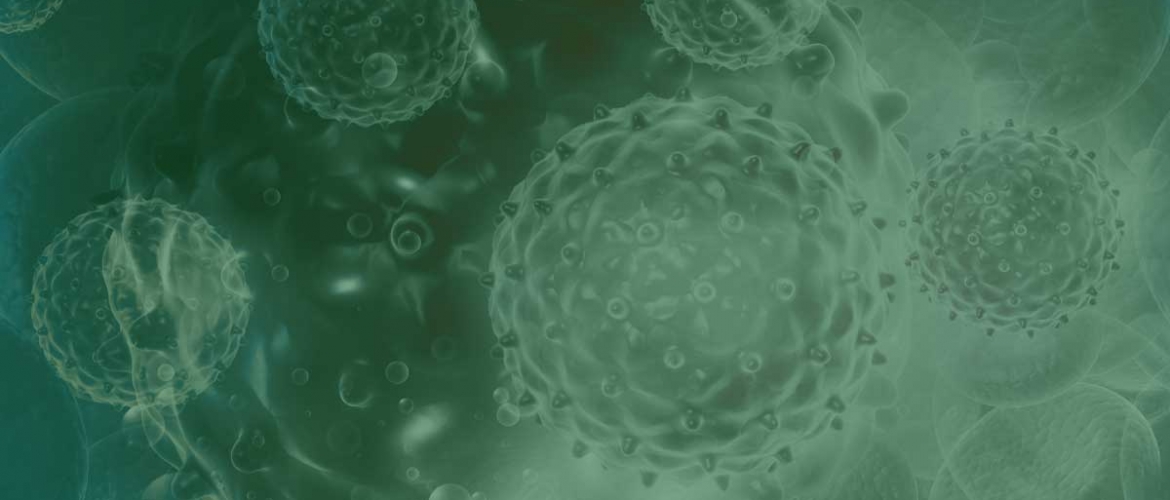What do Pacman and Early Cancer Detection have in Common?

…More than you might think!
The NHS’s Long Term Plan aims to save thousands more lives each year by improving the way that cancer is diagnosed and treated within the National Health Service. One of the ways in which they’ve said they intend to do this is through ‘improving national screening programmes (and) giving people faster access to diagnostic tests’. This is important because early diagnosis is proven to save lives. But wouldn’t it be great if getting checked for cancer was as easy as going for a routine blood test? Wait a minute – it is!
PanTum Detect is the first universal blood test that can detect cancer before it forms, giving patients the best possible chance to fight it, recover and go on to live happy and fulfilling lives. Sounds simple? It really is. We are going to explain exactly how PanTum Detect works in a series of posts, starting with this one.
How can you detect cancer with a blood test and what’s Pacman got to do with it?
PanTum Detect discovers cancer through EDIM technology. EDIM stands for Epitome Detection in Macrophages. Fortunately, it’s nowhere near as complicated as it sounds.
Our body relies on its immune system to keep it healthy. Our immune system works by detecting harmful invaders and eliminating them, so we don’t get sick. Macrophages are an important part of our immune system. The term macrophages actually means ‘big eaters’ in Greek, and this is essentially what they do. Think of macrophages like Pacmans – the little yellow character from the maze chase arcade games popular in the 1980s.
Macrophages act as guardians of the body. They start in the blood, but then migrate into the rest of the body where they race around it, sizing up the cells that they come across to make sure that they aren’t dangerous. Any harmful cells that they find, like tumour cells, get gulped, ready to be digested and destroyed by the macrophages and processed out of the body as waste. These trapped tumour cells have nowhere to go as the macrophages head back into the bloodstream. When blood is then taken in a PanTum Detect test, macrophages that have ‘eaten’ cancer cells are easily identified, enabling the early detection of the presence of cancer.
PanTum Detect is able to correctly identify 97.5% of tumor patients. This excellent rate of detection is possible because the tumour cells found within the macrophages are well preserved and highly concentrated. From this point, patients can then seek further diagnostic testing to identify which cancer they are affected by and get prompt treatment, giving them the best chance of a positive outcome.
PanTum Detect is the first line of defence against cancer, enabling it to be diagnosed at the earliest and most treatable stage. Our innovative PanTum Detect blood test is also available at the Centre for Health and Human Performance, 76 Harley Street, Marylebone, London W1G 7HH.
Resources:
- https://www.longtermplan.nhs.uk/areas-of-work/cancer/
- https://www.cancerresearchuk.org/about-cancer/cancer-symptoms/why-is-early-diagnosis-important
- https://rmdm.group/vision/diagnostics/